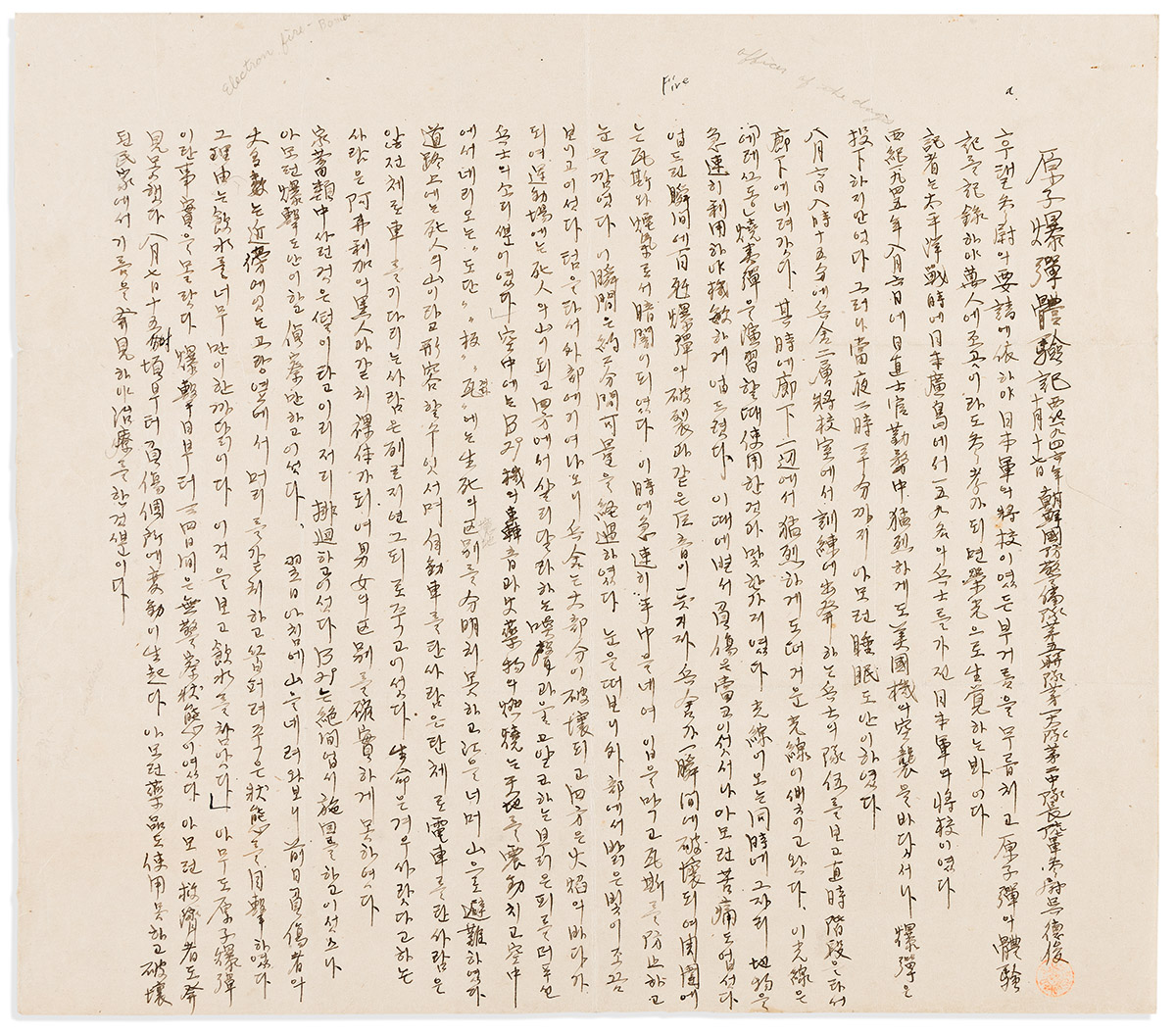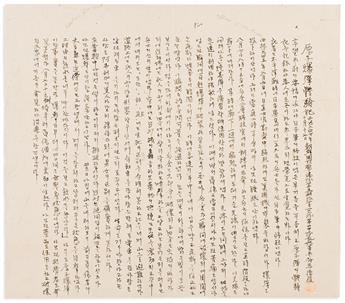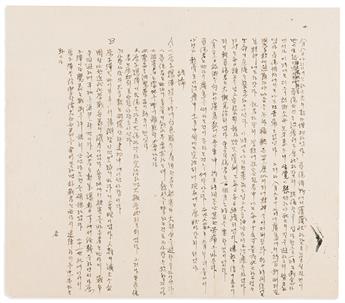Sale 2708 - Lot 216
Estimate: $ 1,000 - $ 1,500
Additional Details
Also in This Catalogue
-

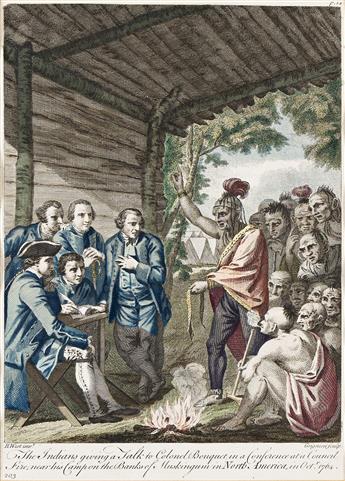 Lot 2(AMERICAN INDIANS.) Pair of engravings from William Smith's "An Historical Account of the Expedition against the Ohio Indians."Estimate $1,000 - $ 1,500
Lot 2(AMERICAN INDIANS.) Pair of engravings from William Smith's "An Historical Account of the Expedition against the Ohio Indians."Estimate $1,000 - $ 1,500 -

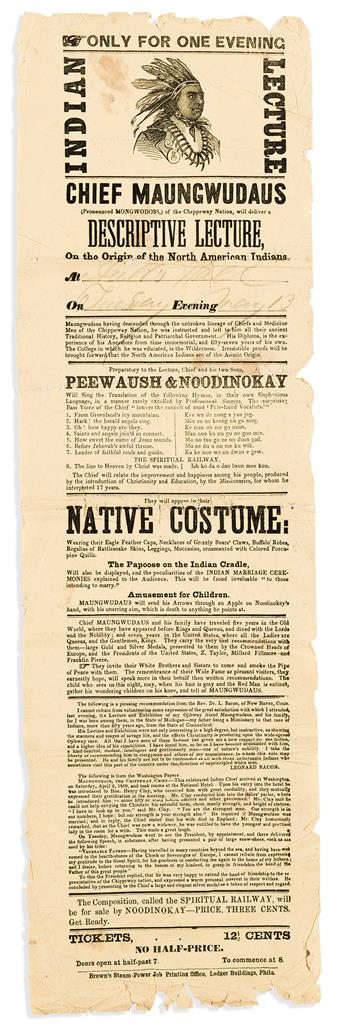 Lot 4(AMERICAN INDIANS.) Only for One Evening, Indian Lecture, Chief Maungwudaus.Estimate $1,000 - $ 1,500
Lot 4(AMERICAN INDIANS.) Only for One Evening, Indian Lecture, Chief Maungwudaus.Estimate $1,000 - $ 1,500 -

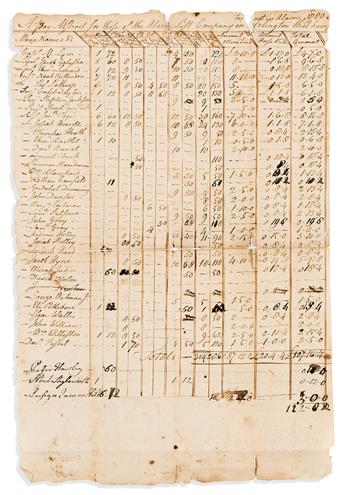 Lot 16(AMERICAN REVOLUTION--1780.) Payroll for a Vermont militia company answering alarms under Green Mountain Boy Matthew Lyon.Estimate $1,000 - $ 1,500
Lot 16(AMERICAN REVOLUTION--1780.) Payroll for a Vermont militia company answering alarms under Green Mountain Boy Matthew Lyon.Estimate $1,000 - $ 1,500


